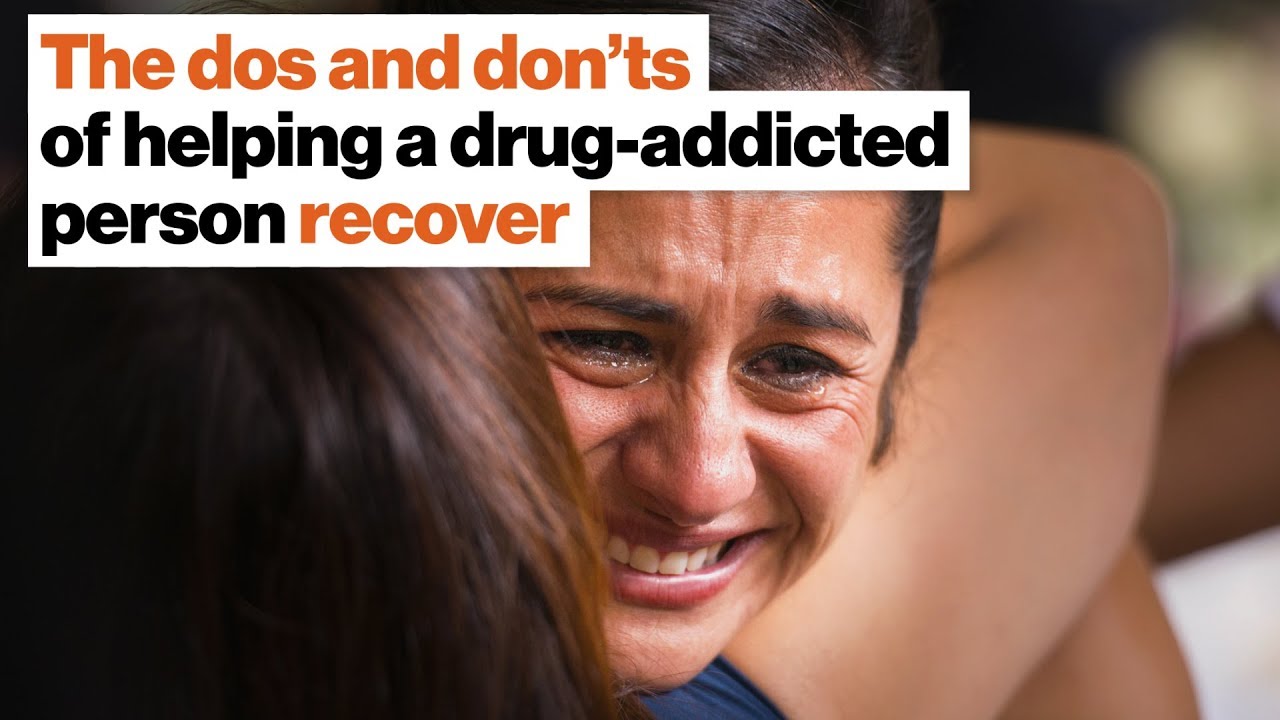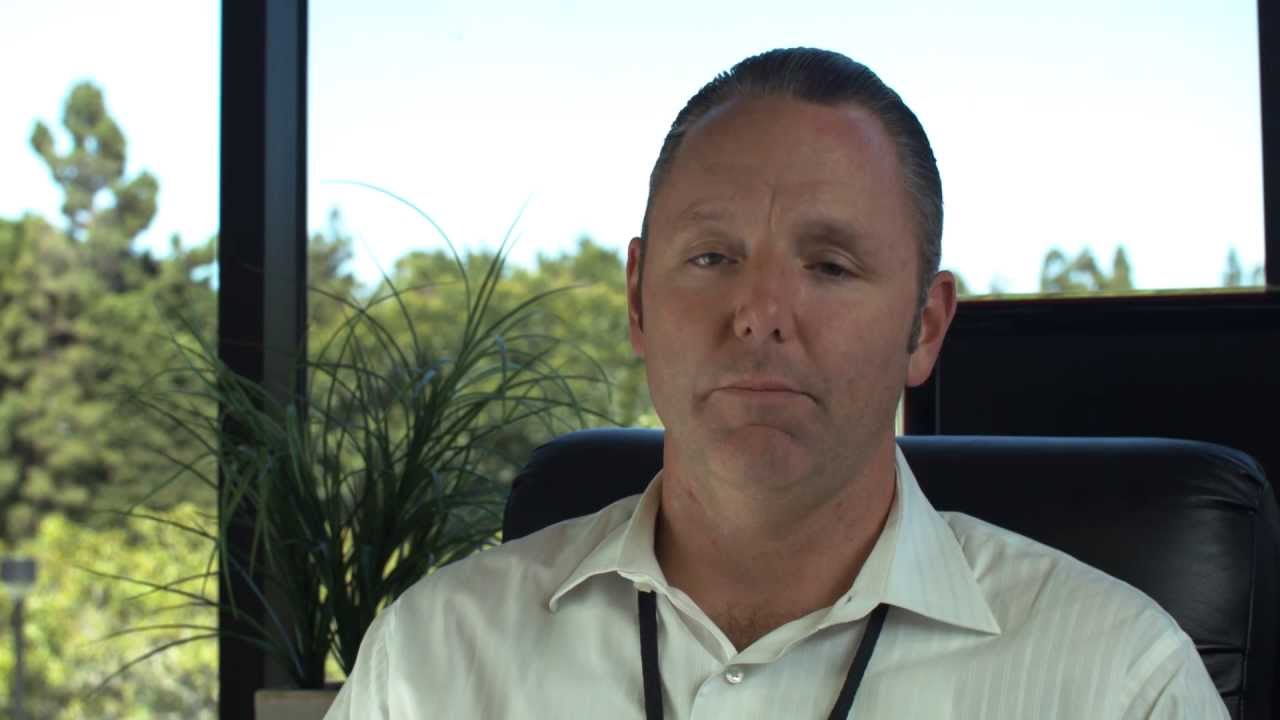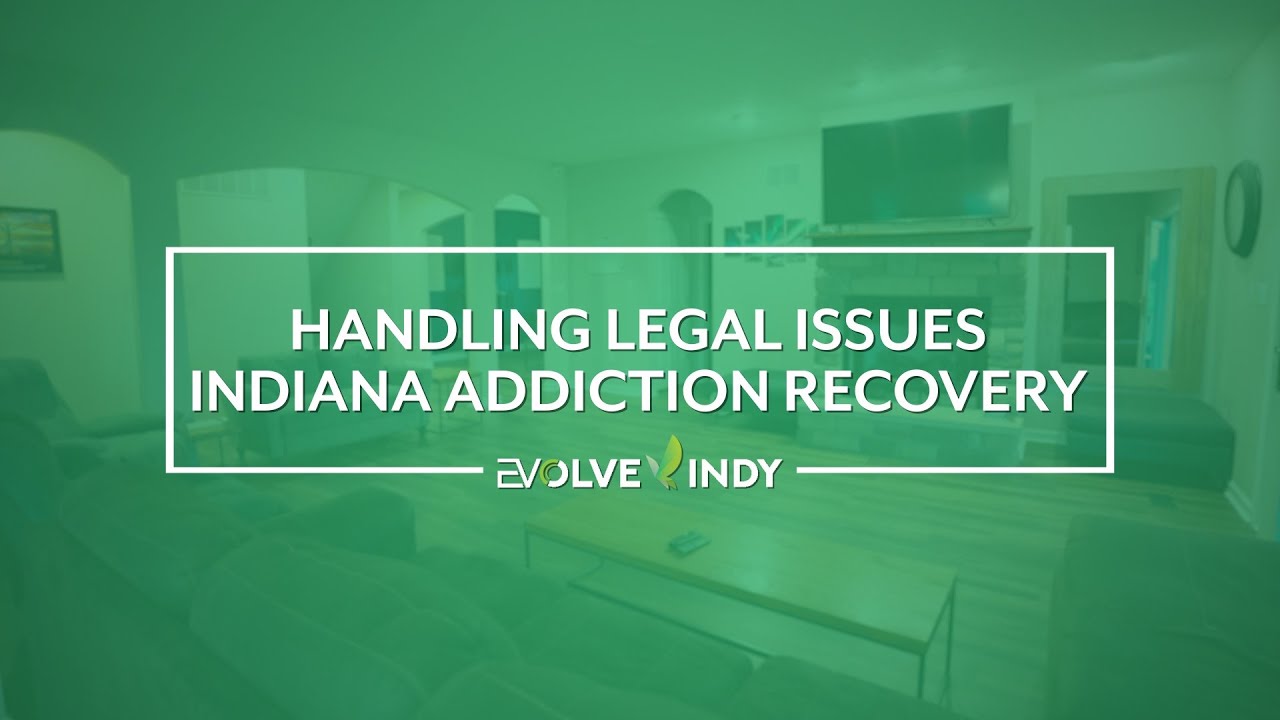Understanding the legal challenges for recovering addicts is imperative as society becomes increasingly aware of the intricacies surrounding addiction and recovery. Not only do these individuals grapple with personal struggles, but they must also maneuver through various legal obstacles that can hinder their progress. The path to recovery is often a rocky road filled with ups and downs, but awareness of these hurdles can empower families, helping them support their loved ones better.
As parents, witnessing the struggle of a child dealing with addiction is heart-wrenching. You want to help them find their way back, but additional barriers can make the journey feel insurmountable. At Mothers Against Addiction, we stand beside you during these trying times. Let’s delve deeper into the top legal challenges for recovering addicts that many face.

Top 5 Legal Challenges for Recovering Addicts
Recovering from addiction can feel like climbing a mountain, and confronting legal issues can make the ascent even steeper. Here are five significant legal challenges for recovering addicts today:

1. Employment Discrimination
Employment discrimination remains a significant barrier for those in recovery. Employers can legally discriminate against individuals with a history of substance abuse. In 2023, John faced a heartbreaking situation. After completing a rehabilitation program and eager to reintegrate into the workforce, he was terminated from his tech company job. The courts sided with the employer, stating that addiction history does not fall under the Americans with Disabilities Act (ADA) if the individual isn’t actively participating in a drug rehab program. This case highlights the precarious balance recovering addicts must maintain while striving for stable employment and a fresh start.
2. Child Custody Issues
The emotional toll of child custody issues cannot be overstated. Recovering parents, like Rachel, face multi-layered challenges when trying to regain custody of their children. After her kids were placed in foster care due to her previous substance use, Rachel was determined to prove her sobriety. Courts often require evidence of a sustained recovery period, making family reunification a daunting process. In some instances, courts may be swayed by societal stigmas, complicating the situation further.
3. Criminal Record and Undue Burden
One of the most profound legal challenges for recovering addicts is the burden of a criminal record. Even after individuals like Sam complete sobriety programs, the shadow of past drug-related offenses can loom large. These records hinder future opportunities for employment and housing while reinforcing the stigma around addiction. Regulations over expungement vary by state, leaving many without the chance to fully reintegrate into society.
4. Access to Healthcare and Insurance Coverage
Recovering addicts often face hurdles when accessing healthcare, especially regarding addiction treatment. Imagine Lisa’s distress as her insurer denies coverage for specialized programs essential for her recovery. The Mental Health Parity and Addiction Equity Act aims to ensure equal treatment for mental health and addiction issues, but violations still occur widely. The unmet need for proper healthcare can divert individuals back to harmful habits.
5. Navigating Public Benefits
Recovering from addiction is challenging enough without the bureaucratic labyrinth of public benefits. Mark, a veteran, struggled when applying for food assistance due to his past substance use, which led to unnecessary delays in support, ultimately pushing him closer to relapse. Finding stability amidst these obstacles can seem impossible.

The Hidden Risks: Stigma and Legal Challenges Intersect
While the aforementioned challenges are pressing, there are hidden risks that tend to catch recovering addicts off guard. The stigma surrounding addiction can exacerbate legal hurdles, influencing judges or juries in child custody disputes or criminal cases. Studies indicate that negative societal perceptions can impact legal determinations, which makes advocacy and education critical in changing the narrative around addiction.

Moving Forward: Addressing Legal Obstacles and Supporting Recovery
Navigating the complex landscape of legal challenges for recovering addicts necessitates a holistic approach. Advocacy for enhanced protections against employment discrimination and reforming custody assessments to prioritize recovery progress is a must. Education campaigns aimed at tackling stigma can foster a healthier environment for recovery.
In conclusion, grasping the intricacies of these legal challenges for recovering addicts is essential for families, communities, and policymakers alike. Working together, we can create more equitable solutions that support individuals in recovery and cultivate a stigma-free space. At Mothers Against Addiction, we are committed to standing by parents alongside their children’s journeys, empowering them to thrive amid adversity.
By shedding light on these issues, we hope to inspire conversations that lead to change. Together, we can navigate the stormy waters of addiction, offering our loved ones a beacon of hope as they carve their paths to recovery. For information on additional resources attending to the well-being of recovering families, you can learn more about our Tcf program to support stability and connection.

Legal Challenges for Recovering Addicts
The Process of Overcoming Legal Hurdles
For many recovering addicts, legal challenges can feel like obstacles that just won’t budge. These hurdles often come from previous convictions, child custody battles, or discrimination in hiring practices. Did you know that finding guardianship For Children Of Addicts can be an especially tricky situation? Many times, family members or friends step in to care for kids while their parents work through recovery. With strong support systems in place, the chances of a successful comeback can significantly improve.
Moreover, it’s interesting to note that some states have enacted laws aimed specifically at supporting recovering addicts facing housing challenges. Unfortunately, misconceptions can sometimes lead landlords to erroneously believe that they’re too risky to rent to. It’s essential for recovering individuals to know their rights and options available. Did you know that in some cases, they might even be eligible for special loans if they’re looking to buy a house in just 15 years?
Insights on Legal Support
Navigating through the legal system can be overwhelming, especially for those new to recovery. Many recovering addicts have discovered that having the right legal support can make a real difference. Access to legal aid services is crucial, especially when dealing with questions like How much Is title insurance when purchasing a home post-recovery. These are often overlooked aspects that can influence a recovering addict’s journey towards stability.
Moreover, did you ever consider that similar to how Major Kusanagi is a strong character in a chaotic environment, recovering addicts can be resilient in facing their legal challenges? They often demonstrate a remarkable ability to adapt and fight for their rights. Engaging in community programs that focus on legal education can empower individuals as they work through their recovery process. Understanding the intersection of legal rights and recovery can set the stage for a brighter future, empowering them to reclaim their lives.

What are the legal issues associated with employee substance abuse?
Employee substance abuse can lead to a range of legal issues. Employers have the right to enforce policies against illegal drug use and alcohol consumption at work. This means they can conduct drug tests and may discharge or deny employment to those caught using illegal substances.
What are two legal issues that can arise from using a substance?
Using drugs can result in a couple of serious legal issues. One common problem is facing possession charges, which can lead to fines or even imprisonment. Another issue can be driving under the influence (DUI), which carries hefty penalties and can impact a person’s ability to drive legally.
What are some of the challenges in treating addiction disorders?
Treating addiction disorders comes with its own set of challenges. Many folks battling addiction might struggle with mental health issues, lack of access to quality care, or support from family and friends. Stigma around addiction can also make it tough to seek help.
What is the recidivism rate for addicts?
The recidivism rate for people with substance use disorders is quite high. About 68% of drug offenders get rearrested within three years of being released from prison, showing that many find it tough to stay on the straight and narrow.
What are some ethical issues in substance abuse counseling?
Ethical issues in substance abuse counseling often revolve around confidentiality, informed consent, and avoiding conflicts of interest. Counselors must balance their duty to help clients with the obligation to protect their privacy and autonomy.
What is the federal law on drugs?
Federal law on drugs varies widely, but generally, it classifies certain drugs as illegal and sets penalties for their distribution and use. This includes laws enforcing strict measures against drug trafficking and possession of controlled substances.
What is the biggest obstacle in recovery?
The biggest obstacle in recovery is often overcoming the cravings and triggers that lead to substance use. Dealing with emotional and physical withdrawal symptoms can make it feel like an uphill battle.
What is a legal consequence of drug abuse?
A legal consequence of drug abuse can be losing your driver’s license, especially if you’re convicted of a DUI or caught with drugs while driving. This can make it difficult to maintain work and social connections.
What are the two types of legal conflicts?
Two types of legal conflicts that can arise from substance use are criminal charges, like DUI or possession, and civil issues, which can include lawsuits if someone is harmed due to a person’s substance use.
What are the biggest obstacles to individuals seeking treatment for substance abuse?
Big obstacles for individuals seeking treatment for substance abuse often include stigma, fear of judgment, lack of resources, and sometimes a lack of trust in the healthcare system. These factors can really discourage people from taking that first step toward recovery.
Why is recovery so difficult?
Recovery can be really tough because it’s more than just quitting drugs; it’s about changing habits and lifestyles that may have been ingrained for years. Emotional and psychological factors also play a big part in making recovery a challenge.
What factors do you think will create challenges to being in recovery?
Several factors can create challenges for someone in recovery, including ongoing exposure to triggers, lack of social support, mental health issues, and financial struggles. Each of these can make sticking to a recovery plan difficult.
What drug has the highest recidivism rate?
Opioids and methamphetamines tend to have high rates of recidivism among users, as individuals often find it hard to break free from these powerful substances once they’ve developed an addiction.
How much of the criminal justice population has a substance use disorder?
A significant portion of the criminal justice population has a substance use disorder, with estimates suggesting that 65% to 75% of inmates in the U.S. have issues related to drugs or alcohol.
What is the BOP RDAP policy?
The Bureau of Prisons (BOP) offers the Residential Drug Abuse Program (RDAP), which is aimed at helping inmates with substance use disorders. Successfully completing this program can lead to reduced sentences.
What are some of the consequences of substance use regarding employment?
Consequences of substance use regarding employment can include being fired or facing disciplinary actions. Employers may view drug use as a breach of trust, which can directly impact job security.
Can you fire an employee for substance abuse?
Yes, an employer can fire an employee for substance abuse, especially if it’s in violation of the company’s drug-free policy. They’re within their rights to take this step if the employee’s actions impact their job performance and safety.
How does OSHA deal with substance abuse in the workplace?
OSHA deals with substance abuse in the workplace by enforcing regulations that require employers to provide a safe working environment. This includes having policies in place to address drug and alcohol use among employees.
What does the drug-free workplace act require?
The Drug-Free Workplace Act requires certain employers to maintain a drug-free workplace by implementing policies that address the illegal use of drugs and alcohol. This often includes employee education and providing resources for those in need of help.




























